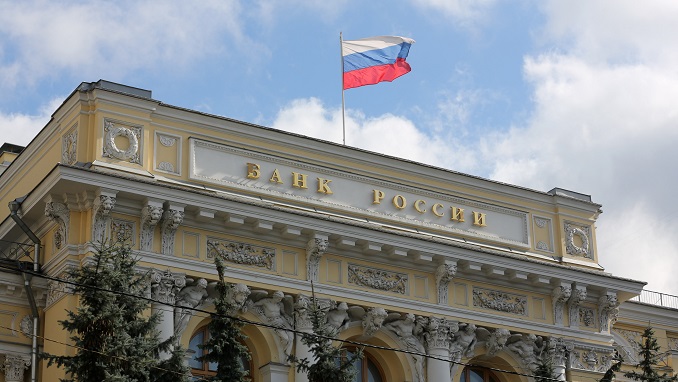A new payment system introduced by the Bank of Russia is threatening to deprive major Russian banks of commissions when their customers use payment cards or smartphones to pay retailers, Reuters reported citing bankers.
The country’s central bank has been developing a non-cash payment system which banks will have to start using by the end of this year. The regulator has said it wants to play a leading role as banking in the country goes digital and it began discussing plans for the new express payment system with banks in late 2016.
Retail customers will be able to pay for purchases by scanning codes with their smartphone cameras. Under the new system, the central bank will receive a commission, which will be lower than that charged currently by Russia’s big banks.
Bankers said that by offering retailers low commission fees to use the new system, the central bank will be diverting the commissions that banks would normally receive on credit card transactions.
These commission fees charged by Russian banks have been growing steadily in recent years and have become one of their more stable sources of income.
“The landscape for non-cash payments could change drastically,” Tinkoff Bank CEO Oliver Hughes said this month, referring to the central bank’s new payments system.
Alexei Kirichek, director of the merchant acquiring department at VTB, said the central bank’s payment system was a viable alternative for retailers, suggesting banks could soon find themselves making less money from non-cash transactions.
German Gref, CEO of Russia’s largest lender Sberbank, said his bank, in a worst case scenario, could lose 3 to 4 percent of its profits — a sum equivalent to between $384 and $513 million according to the bank’s 2018 results — as retailers switched to the central bank’s new system.
The central bank did not immediately respond to Reuters questions seeking comment on how the system would affect banks and non-cash transactions in the country.












